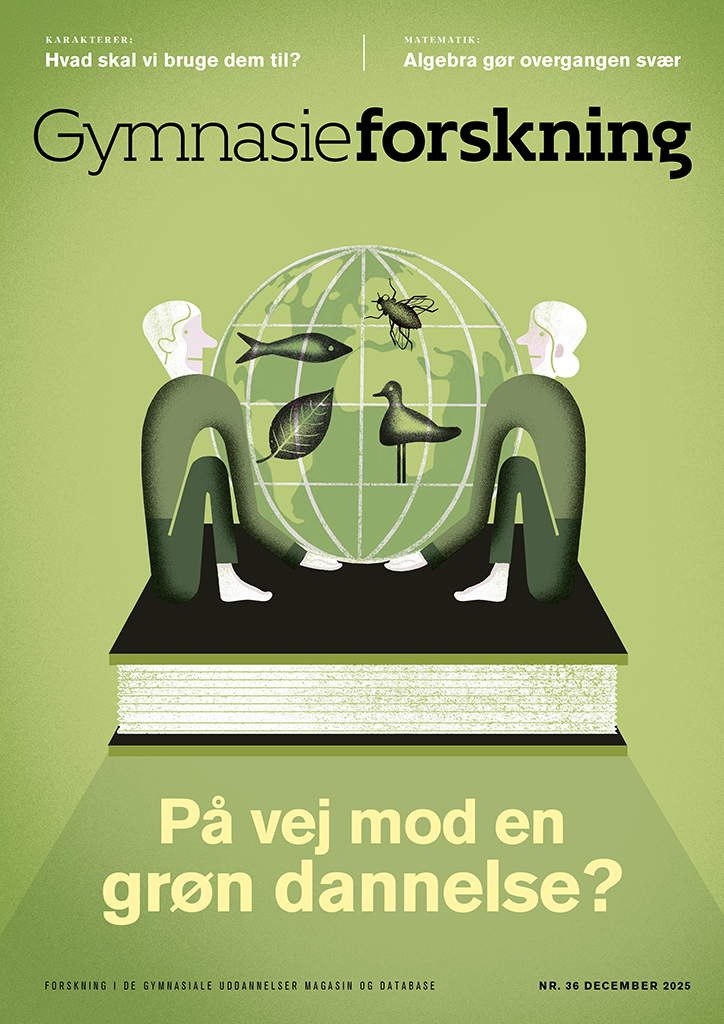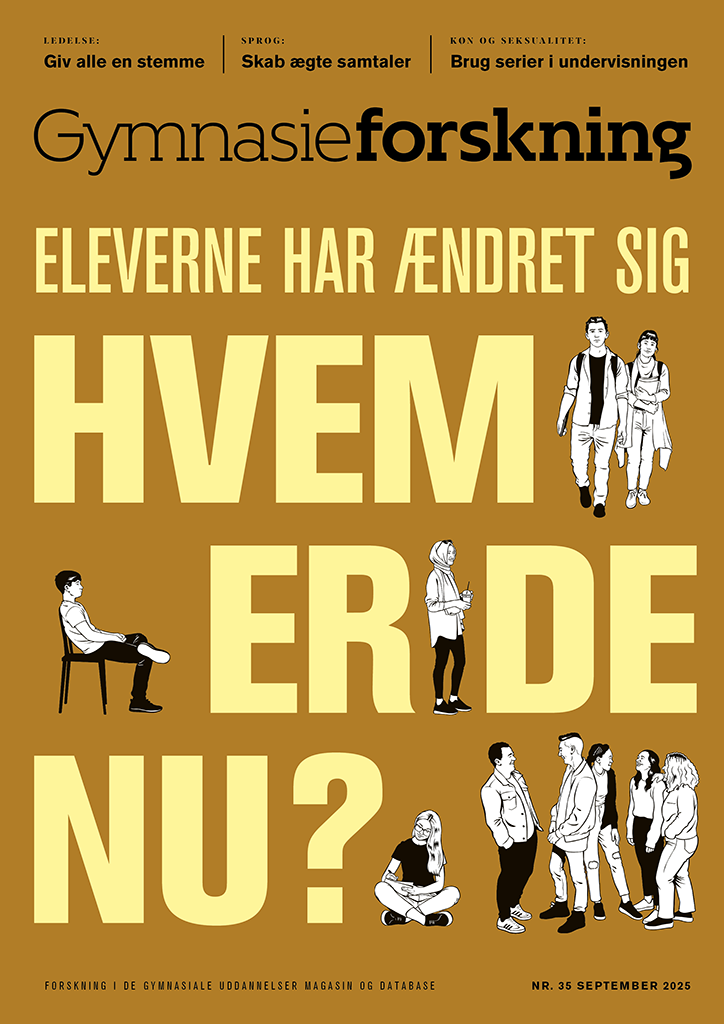Most studies using Mare’s (1980, 1981) seminal model of educational transitions find that the effect of family background decreases across transitions. Recently, Cameron and Heckman (1998, 2001) have argued that the “waning coefficients” in the Mare model are driven by selection on unobserved variables. This paper, first, explains theoretically how selection on unobserved variables leads to waning coefficients and, second, illustrates empirically how selection leads to biased estimates of the effect of family background on educational transitions. Our empirical analysis using data from the United States, United Kingdom, Denmark, and the Netherlands shows that when we take selection into account the effect of family background variables on educational transitions is largely constant across transitions. We also discuss several difficulties in estimating educational transition models which deal effectively with selection.
Forskningsdatabase
Tilbage
Abstract
Fakta
Titel
Selection bias in educational transition models: theory and empirical evidence
Forfatter(e)
Anders Holm og Mads Meier Jæger
Udgiver
Det Nationale Forskningscenter for Velfærd
Udgivelse
The Working Paper Series of The Danish National Centre for Social Research, 2008 (11)
Genre
Arbejdspapir
Omfang, antal sider
39
Udgivelsesår
2008
Uddannelse og samfund
Nyt fra Gymnasieforskning
Få Nyt fra Gymnasieforskning direkte i din indbakke.
Du får:
- Oversigter over den nyeste forskning i vores database indenfor netop dine fag og interesseområder
- Nyheder om vores magasin, podcast, konferencer og nye tiltag
Er du ansat på en institution, der abonnerer på Gymnasieforskning, kan du, ud over Nyt fra Gymnasieforskning også få adgang til magasin-arkivet online, ved at logge ind eller oprette en bruger-profil.
Ups. Der er gået noget galt. Opdater siden og prøv igen.
Seneste magasin
Viden, der inspirerer og kan bruges i praksis
Tegn abonnement på vores magasin Gymnasieforskning og få den nyeste forskningsviden om de gymnasiale uddannelser – direkte målrettet undervisere og ledere i gymnasiesektoren.






